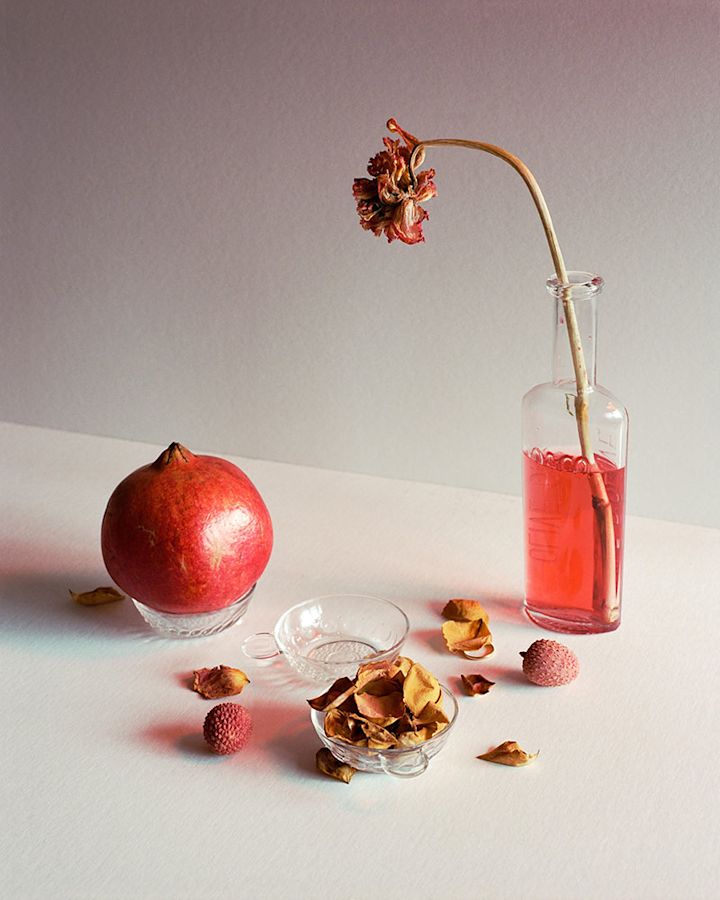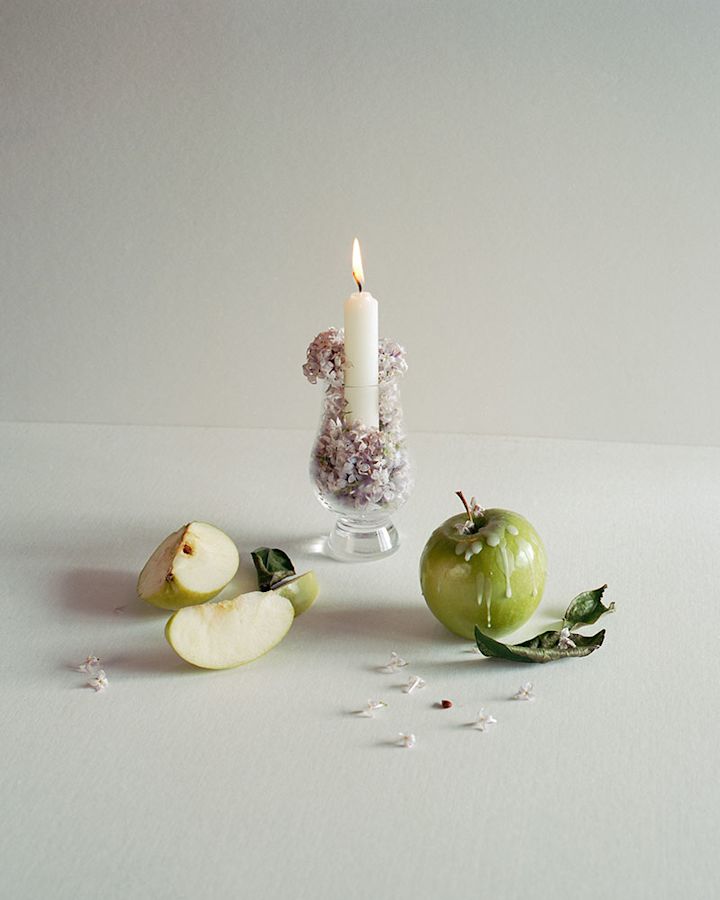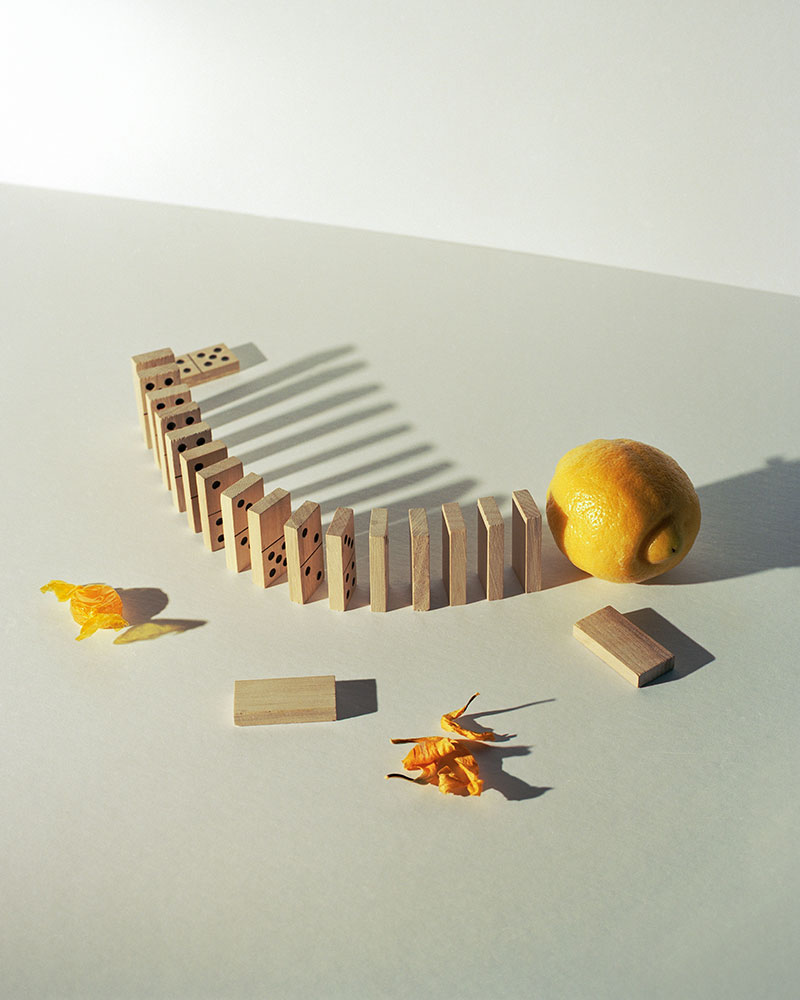“When I want to understand what is happening today or try to decide what will happen tomorrow,” Persian mathematician and poet Omar Khayyam once wrote, “I look back.”
As human beings, we are often looking at how we can make better choices — for ourselves, our homes and our planet. But what does it mean to make better choices? And can we arrive at a universal definition?
We all want to make better choices, but what does better really mean?
Sometimes, before seeing the way forward, we need to look back — way back.
A good place to start looking for clues is language. Somewhere between 30,000 and 70,000 years ago, humans experienced a cognitive revolution where the inner wiring of our brains evolved, enabling unprecedented advancements in communication. This is all brilliantly described in Yuval Noah Harari’s now famous book Sapiens.
This cognitive revolution gave us the capacity for language, which in essence gave us our humanity and separated us from the other animals. This single biological shift led to a cultural explosion. It’s not that other creatures don’t have complex communications, but ours is incredibly nuanced in its near-infinite ways of transforming sounds and intonations into expression.
In turn, this helps us share information, from basic warnings (“Watch out for that wolf!”) to intricate instructions like, “If you go 30 metres past the big tree, turn right and keep walking, you’ll find water” — an early, easy instance of language shaping our individual actions and those of others. Language also facilitated cooperation in this way, allowing us to be more social.
As our family units, tribes and villages became bigger, it then empowered us to share more than information, but stories. Through the printed and travelling word, our dreams could be brought to life and we could not only imagine a better world, but tell others about it too!
Language and stories (and our minds, where they originate) create our world. The quality of our thoughts has great power -- it influences our actions, and with them, the life of those around us. As we collectively embark on the road to consciously making better choices, a notion of consensus and common ground must be established — and so the question arises: what exactly does “better” mean?
The definition of “better” is surprisingly subjective. For some it can mean easier or faster or cheaper; to others, it is to be more beautiful or kind or thoughtful. This is when the study of etymology can help us make sense of the origins of our perception, the context we live in and where we are going next.
To find an objective meaning for better choices, we should look to the roots of the words ‘better’ and ‘choices’.
Climbing along the etymological tree of the word ‘better’ is quite the linguistic journey — one that does not arrive at an exact root, but it does certainly bear fruit. One of the juiciest references I came across was a connection to the Sanskrit word bhadrá, which is to be “blessed, fortunate, happy, good.” How beautiful a notion is it that to be ‘better’ is to be blessed or fortunate? And yet -- how does one become blessed? This is where the etymology of the word “choice” opens up a beautiful and expanding world.
To choose
The word ‘choice’ has a clearer pathway, one that leads us to the word “choose” — originating from the Old English cēosan and the Dutch kiezen. Both are of Germanic origin and are linked to the Proto-Indo-European term ǵews, meaning “to taste, to try.”
The notion of “trying”, or the idea of making a conscious effort to do something, is often to strive for better. In this way, the word “choice” is spiritually related to improvement.
As for fairness, it is always in good taste. Knowing that what we buy and bring into our spaces was made with love is also in good taste. Stories that we share through collaboration rooted in friendship? Good taste.
What is also fascinating is that the etymological tree of ǵews has a root system like a California redwood —with incredible, natural depth, reach and size— and no less impressive!
- Its Parthian branch means to “love".
- In Indo-Iranian and Sanskrit portion of the canopy means “justice”.
- In Persian, it relates to "friendship”.
Thus embedded into the very meaning and origins of the word “choices” are the notions of love, justice and friendship.
Better choices happen when we are better to each other.
Even a small act of love, friendship or justice from one human being to another, whether it’s acknowledging someone with a smile or buying in a way that is more conscious and mindful of how things are made, has the power to impact every other person on the planet. Sure, maybe that comes off esoteric or easy, but hear me out.
No man or woman is an island, and in a globalized world our individual choices have a universal impact.
We have superseded the food chain with the supply chain, the latter of which has a massive impact on natural environments and human lives. Every time you make a purchase, you are making a difference — whether it is positive or negative is your choice.
And while it may sound naive to think we are healing the planet through a marketplace, I believe that we are creating the conversations — and are serving as the catalysts to being more open, vulnerable and willing to restore harmony to our environments and everyday lives, everywhere. By being conscious and caring consumers, each life matters— one is not more valuable than another, since we are all one and the same. By making better choices and encouraging love, friendship or justice around us, in the most mindful and intentional ways we can, the world heals.
These are the better choices that to me encapsulate so much of what is necessary in our current world: making conscious efforts that bless all of us.
Friendship. Creative duo Jg+Shi illustrate the concepts of love, justice and friendship series of still lifes.

































